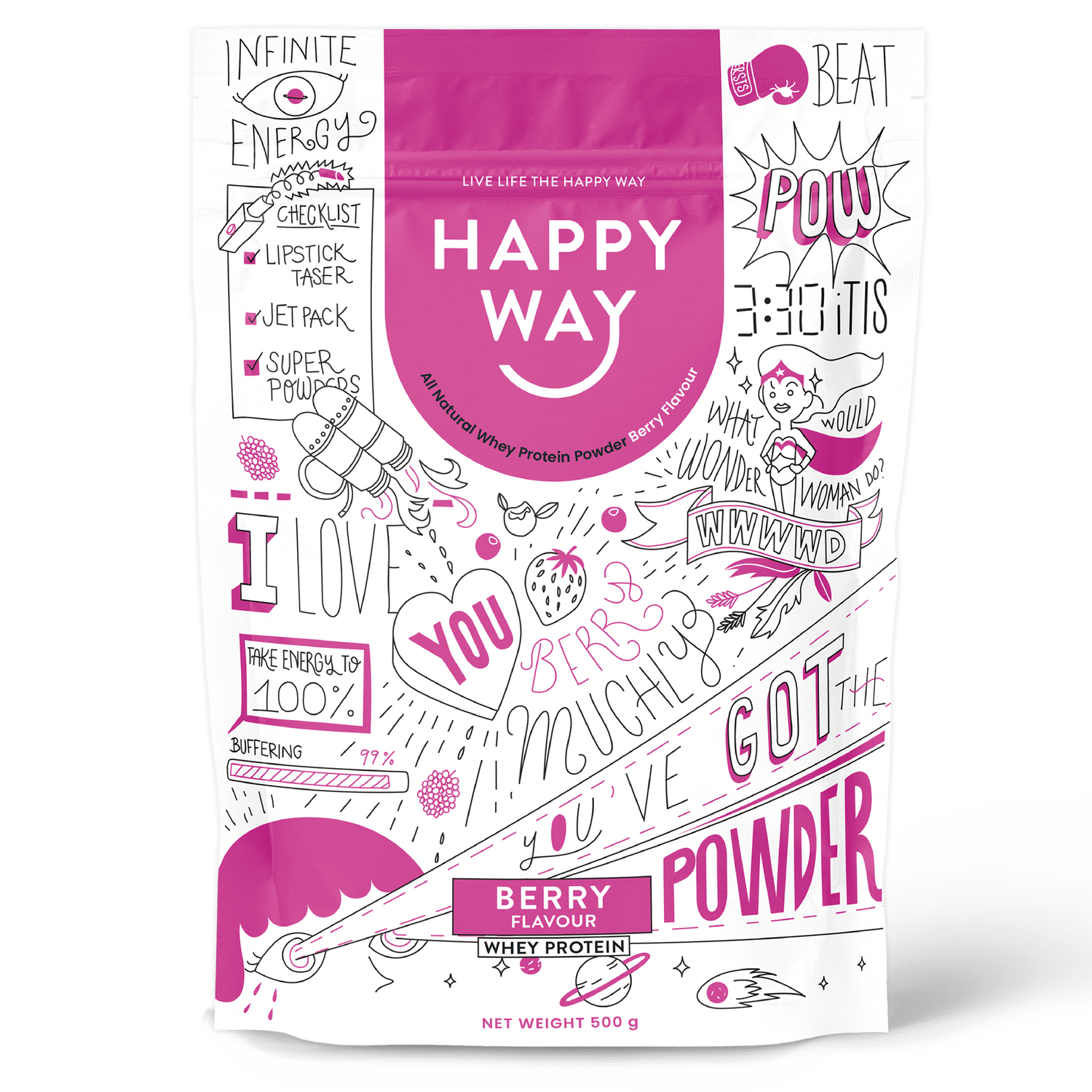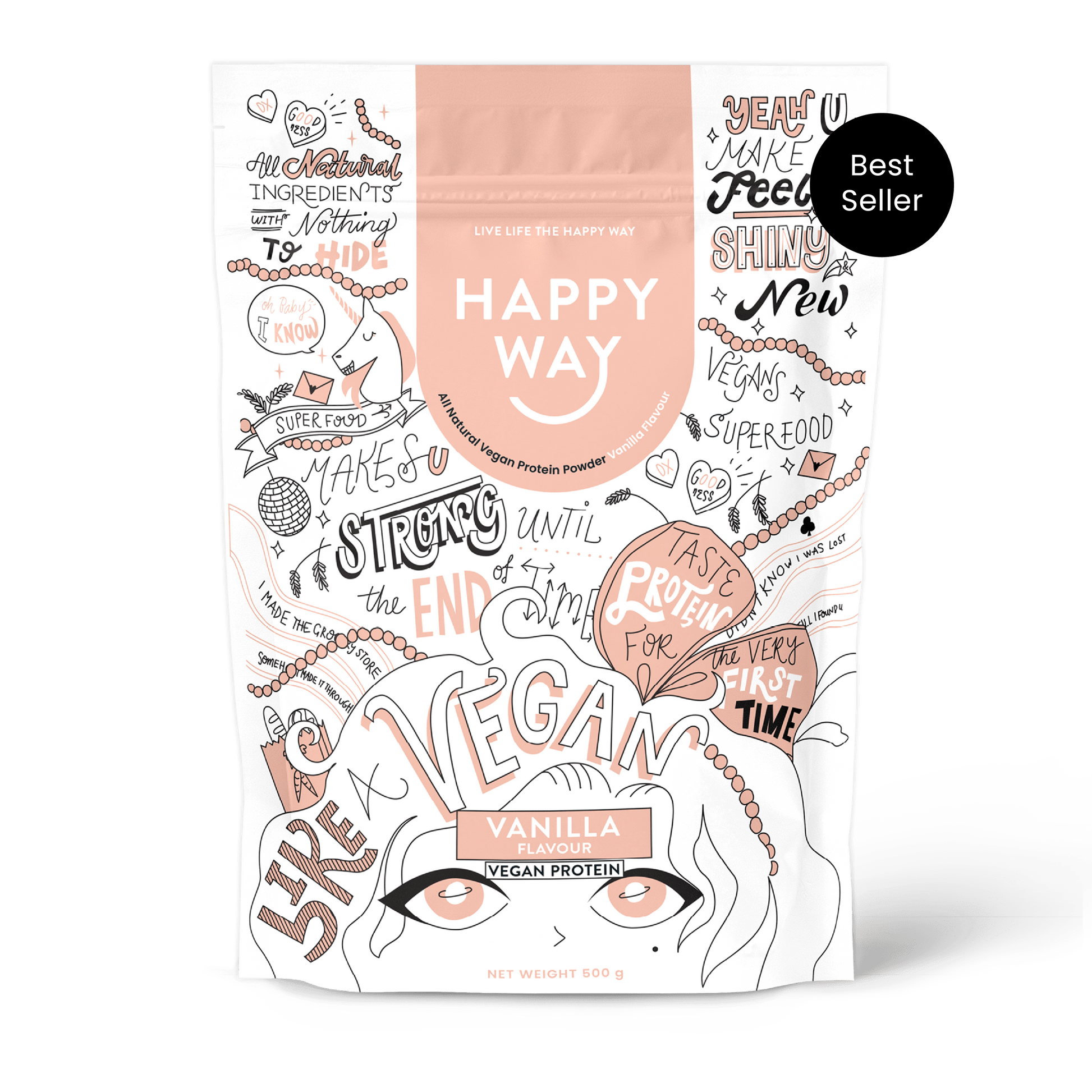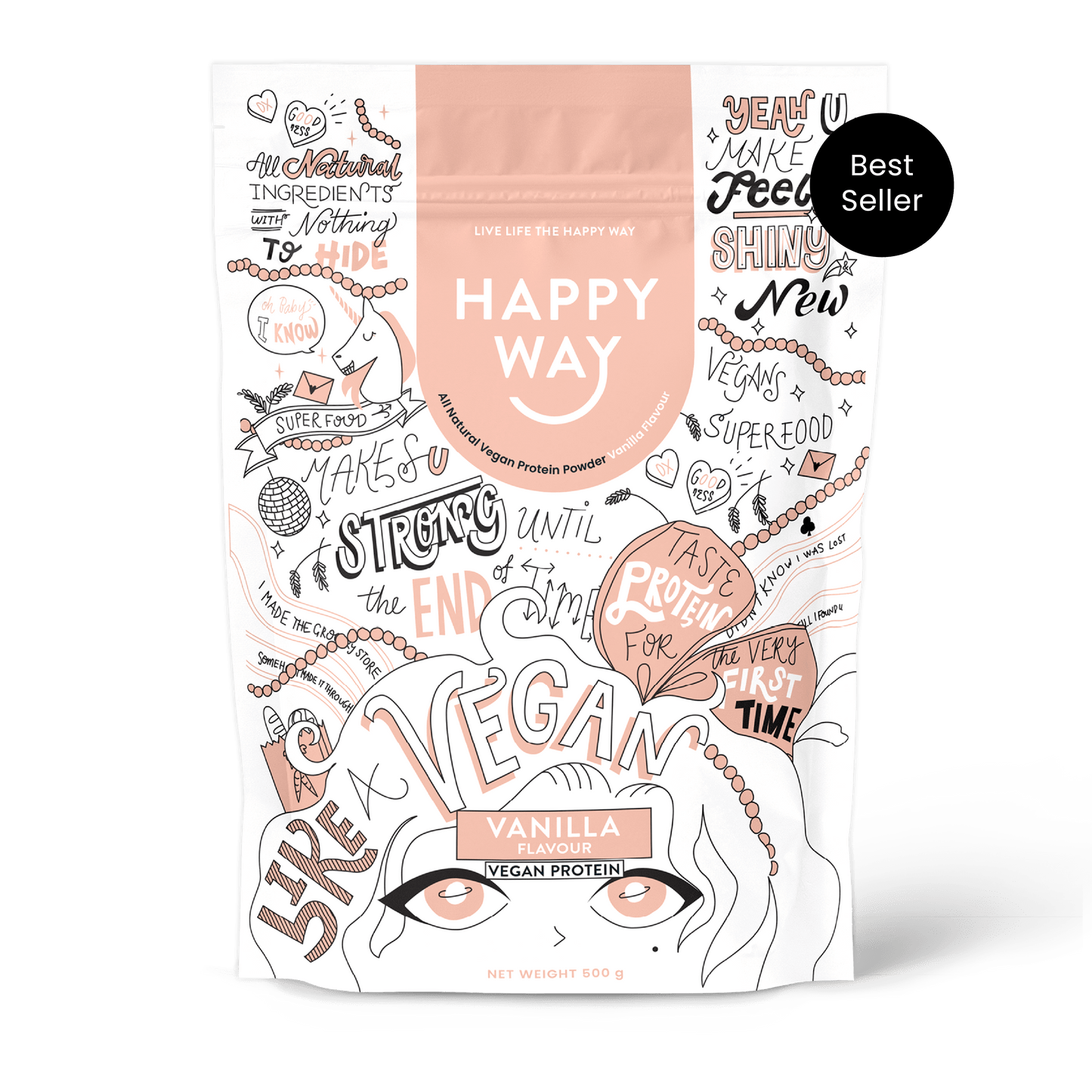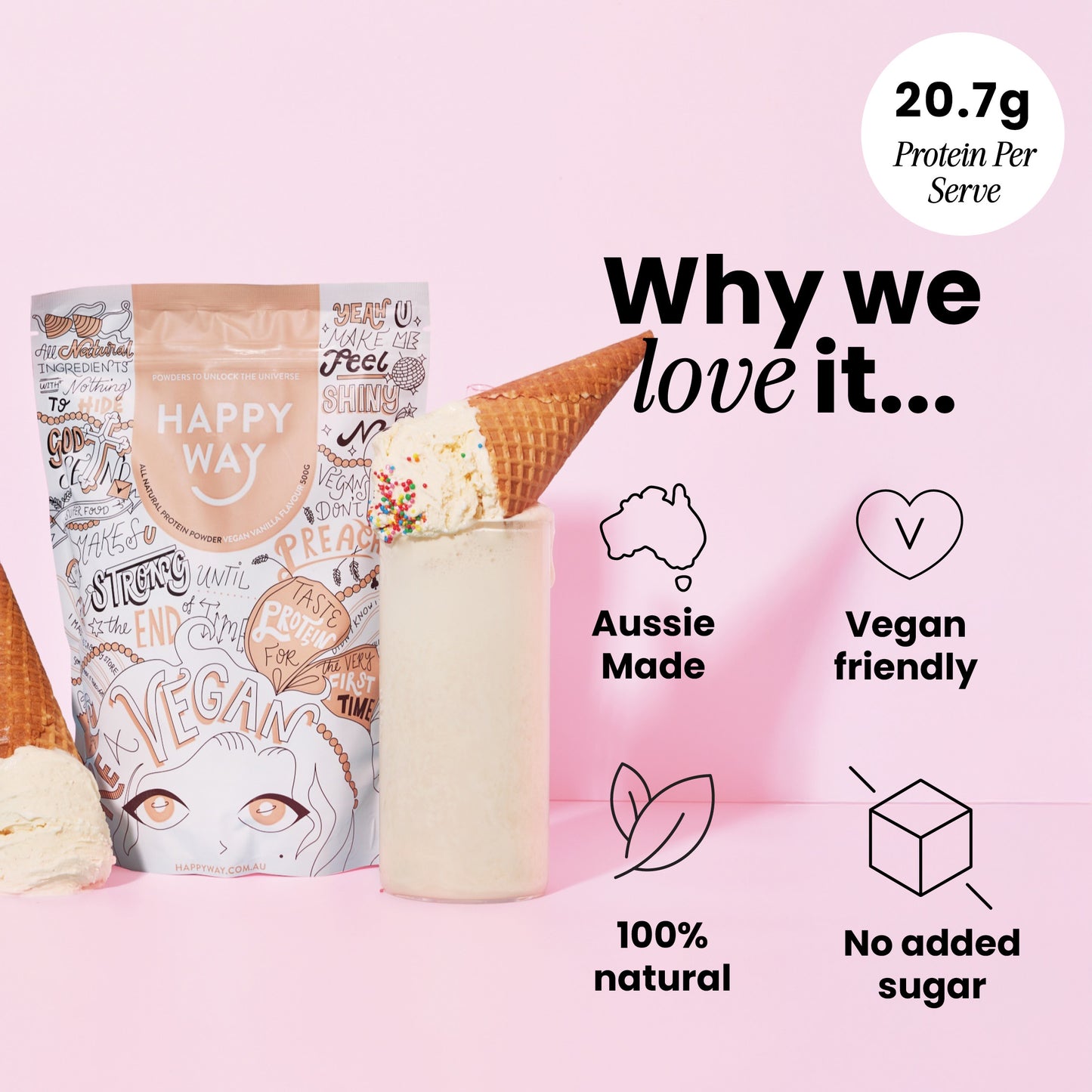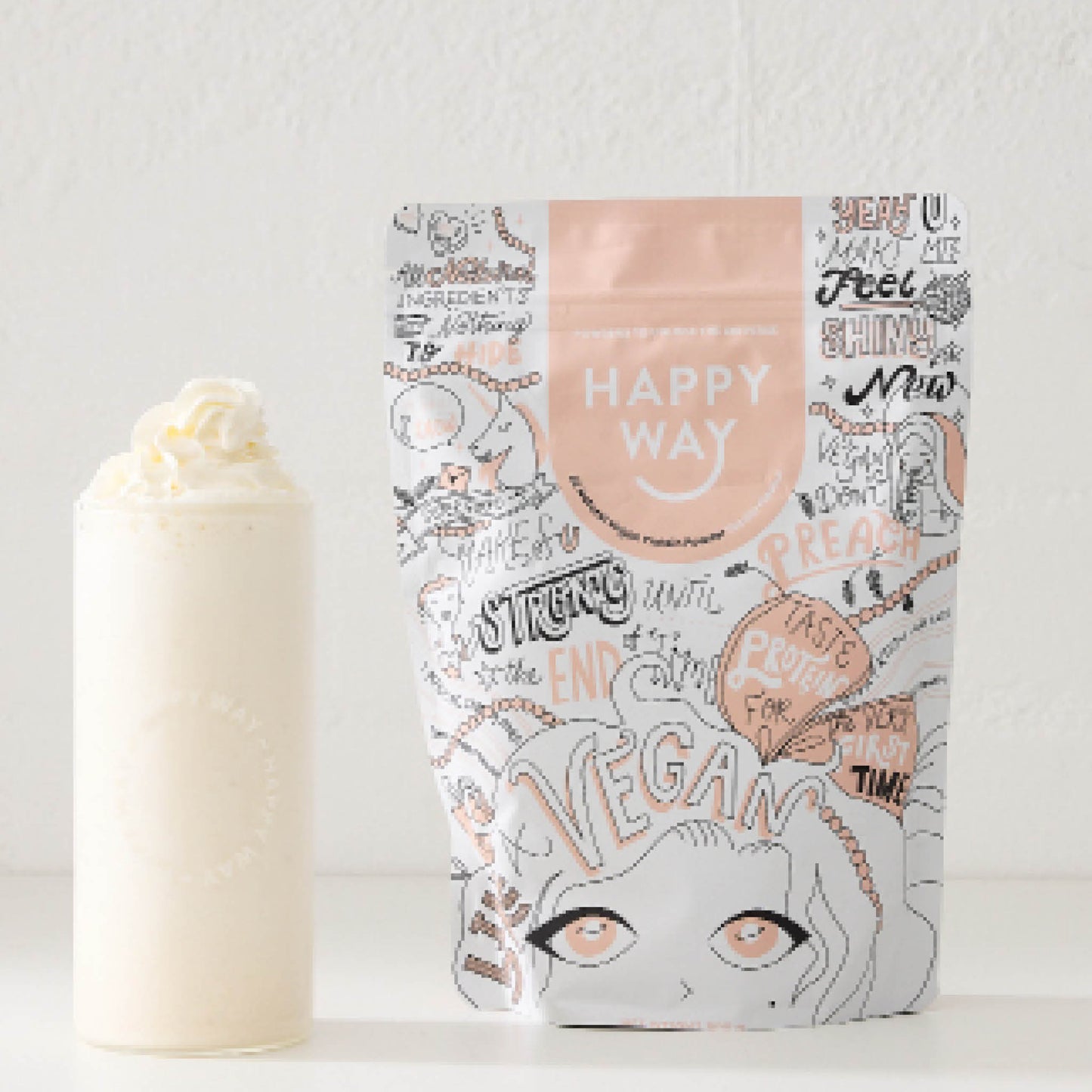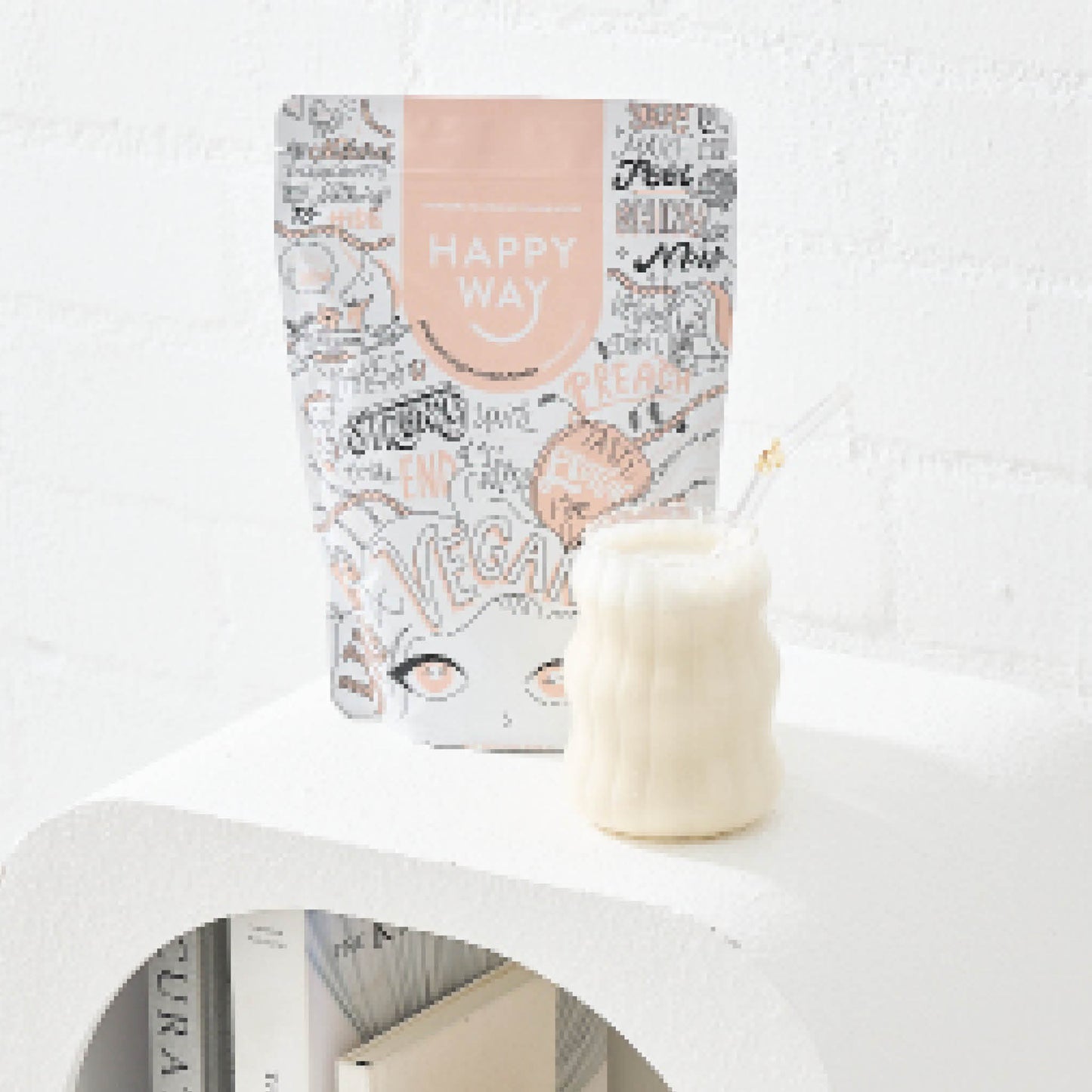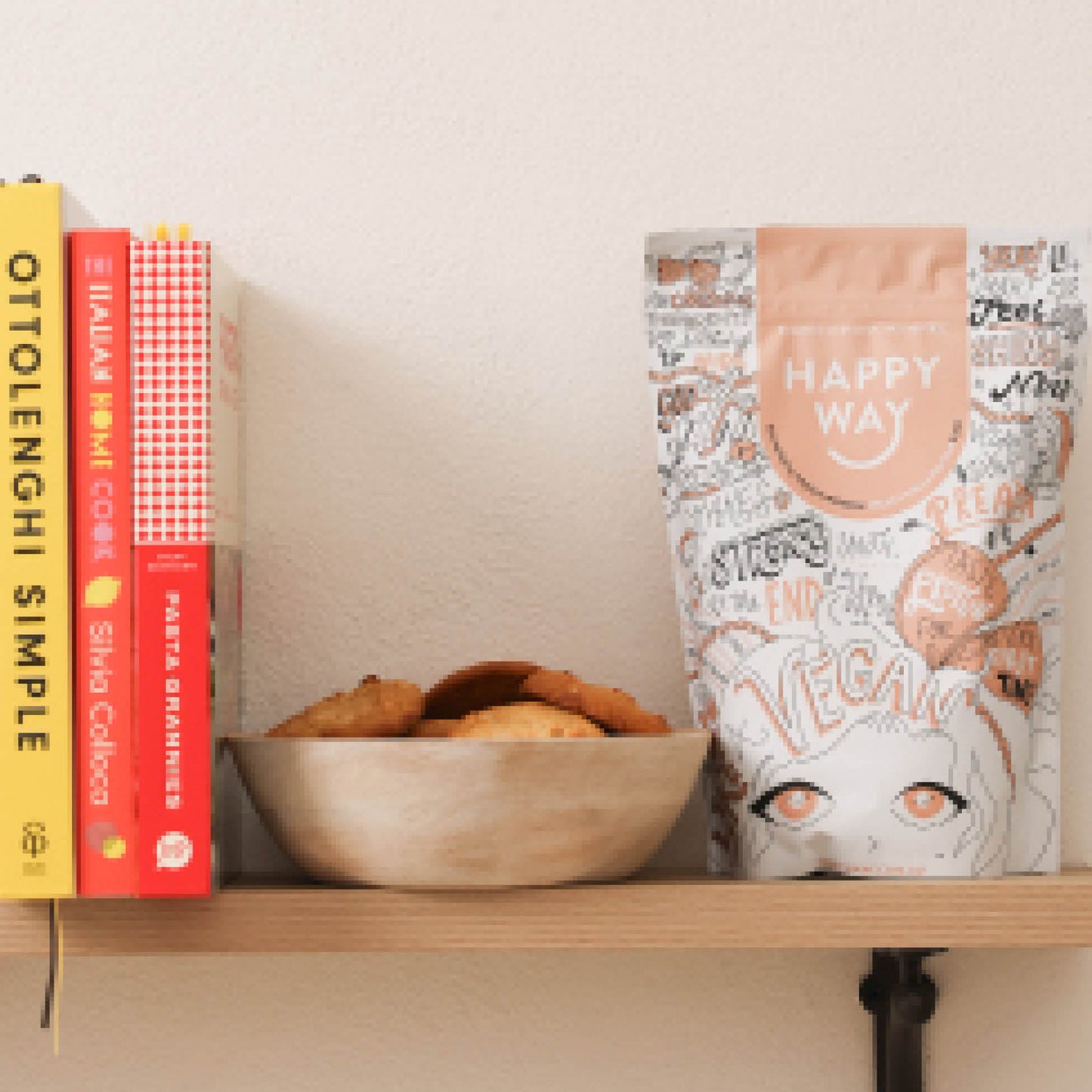If you have been working hard at the gym but still aren’t seeing results in your weight loss journey, it may be time to consider if you are a stress eater.
Now, you may be thinking, ‘I am healthy, and weight is not an issue’. Or you may believe that you have a good relationship with food. However, a National Health Survey carried out in 2016 has found that the average person makes 221 food-related decisions a day, of which less than 20 are made consciously.
While reaching for the biscuit jar every time there is a looming deadline may not show up on the scales, it may lead to more permanent and negative food habits. In the long-term, leaning on food as a coping mechanism for dealing with stress can sabotage all efforts to lose weight and gains made at the gym. That is because more often than not, we don’t even realise how many extra calories we are consuming and we don't stop to consider the types of foods we are reaching for while doing so. In most cases it means reaching for starchy, sugar-filled snacks and processed foods because that is what our body craves when we are under duress. It is for this very reason that Harvard Health has likened emotional eating to the equivalent to turning to smoking and alcohol to deal with stress.

So why do we reach for food when we’re not hungry? And why do we believe that Nutella (guilty as charged) and cookies will solve our stress, boredom, relationship problems, broken heart or disappointment from season seven of Game of Thrones? Why does our brain take these triggers and change them into feelings of hunger?
The feeling between physiological and psychological hunger is so closely aligned that we all need to stop and check into our relationship with food from time to time. Physiological hunger is your body signalling for much-needed fuel for survival. Psychological hunger, on the other hand, also referred to as hedonic hunger, is pleasure rather than needs driven. It’s your body seeking to appease your emotional needs through food. When we are stressed, our adrenal glands release the hormone cortisol. Responsible for increasing appetite, high cortisol levels increase our appetite significantly.
The problem is that when your body seeks to pacify the mind and body with food, it doesn’t prompt you to reach for a celery stick or apple. Oh no. Your body is seeking instant gratification, the kind that comes from refined carbohydrates, sugar and foods high in fat. And while reaching for the cookie jar at work every time, there is a looking deadline may not make you gain weight overnight, learning to pacify feelings with food may form unhealthy food habits over time.
So how can you ensure you are no stress eating?

Keep a food journal
More often than not, when we experience weight gain we are left puzzled as to where the extra calories have come from. But truth be told, this is not something that happens overnight but is instead the result of prolonged and often small changes made to our diets. It may start with a cheat meal following a stressful day and may turn into Tim Tams after every staff meeting. If you are stress eating, you are often doing so unconsciously, which means you are not mentally processing the added calories or food you are consuming.
Keeping a food journal will allow you to keep track of your calorie intake, and more importantly, it will help you identify triggers and patterns with your eating. You may find that you are reaching for snacks when you are sleep deprived or working to meet a deadline. Recognising what triggers you will help form new and healthier patterns for dealing with stress.

Be less critical of yourself
How many times has your thought process reverted to __ ‘Well I have eaten poorly today, so I may as well have this leftover pizza for dinner’? Or, how many times have you though _ ‘I skipped the gym this morning, so I may as well have that suspicious looking bagel no one has touched from the work fridge’. The truth is that cognitive distortion and the belief that healthy eating is an “all or nothing” game can leave you feeling stressed and defeated. Rather than punishing yourself, look at each meal and snack as a new opportunity to make healthier choices.

Seek alternative gratification first
We know that food can often be used to pacify our emotions, but other forms of stress relief are equally beneficial. Exercise provides an excellent way to relieve stress, and this doesn’t need to mean a gruelling HIIT session either. Studies have found that just 5 to 10 minutes of walking a day can significantly reduce stress, improve sleep and reduce appetite. This is especially true when taking a walk outdoors in nature, which is shown to lower the stress hormone cortisol. So rather than reaching for a biscuit, why not go outside and smell the fresh air and go for a quick walk. Listening to your favourite music has also been shown to release the same amount of serotonin as eating your favourite sugar-filled snack. So next time you are feeling stressed at work, pop in your headphones and listen to your favourite Harry Styles song instead (guilty).

Implement relaxation techniques
When under stress, our bodies produce higher levels of cortisol, a hormone responsible for inducing hunger. Additionally, not only does cortisol make us crave more food, it makes us crave the wrong kind of foods. This is why our broken hearts and looming deadlines never crave celery sticks and hummus dip but rather a serious dose of ice cream and Nutella. Learning to manage stress, therefore, plays a central role in limiting our desire to reach for food when we are under pressure.
If you have to snack, do it right
If you find yourself reaching for a mid-morning snack, make choices, which will limit your need and desire to continue snacking throughout the day. Snacks high in processed carbohydrates and refined sugars will leave you feeling hungry and unsatisfied. On the contrary, protein-rich snacks will help promote satiety and will keep you feeling full and satisfied. If chocolate is what your heart desires, why not make chocolate protein balls and keep them in your work fridge. Guilt-free snacking, which will help promote healthier food choices throughout the rest of the day.

